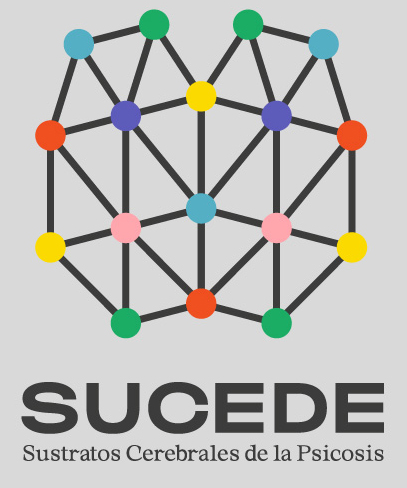Bibliographic session by Dr. Óscar Martín: Characterization of different cognitive groups in schizophrenia.
Cognitive deficits are essential in characterising schizophrenia spectrum disorders. However, at present there is no pharmacological or other treatment available that effectively treats these symptoms. Multiple studies have attempted to categorize distinct subgroups that perform similarly on cognitive tests. The definition and description of these groups may lead to new therapeutic targets.
In a work by Carruthers et al. (2019), published in Neuroscience and Biobehavioral Reviews, they conducted a systematic review of the different studies that have divided the patient samples according to their cognitive performance. This work discarded social cognition focused studies.
A total of 52 articles were included. Although the methodology used was very different, they were finally grouped into four groups:
- Studies focusing on results from cognitive tests that establish groups based on IQ, different cognitive batteries or specific domains of verbal memory or executive function.
- Studies using statistical analysis of k-means or centroid grouping.
- Studies based on exploratory data analysis.
- Studies that define groups based on differences between IQ and estimated premorbid IQ.
This last group describes a cluster of patients who maintain their cognitive functions, a second cluster with a cognitive deterioration, and third with an alteration prior to the onset of the psychotic symptomatology.
In summary, after analyzing all the studies, the existence of three subgroups can be deduced. 25% of the patients present a relatively intact cognitive function, with a performance similar to the control subjects, although with deficits in processing speed, executive function and verbal learning, as well as a higher performance than the rest of the groups. The group of patients with an overall impairment accounts for 44% of the total. In addition, the authors of the review define a third set with intermediate characteristics.
Neurosci Biobehav Rev. 2019 Dec;107:252-278. doi: 10.1016/j.neubiorev.2019.09.006. Epub 2019 Sep 7.



